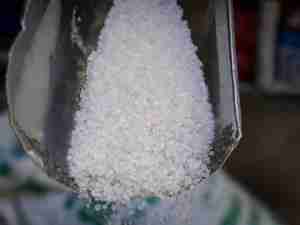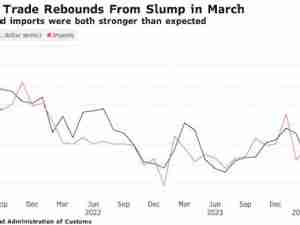Russia’s red-hot car market stalls
By: Reuters | Dec 23 2013 at 02:28 PM | International Trade
A year of disappointing auto sales in Russia has dealers and carmakers worried that a once-red hot market that was set to become Europe's largest may have slipped out of gear.
Stuttering economic growth, unhelpful demographic trends and a coming increase in car capacity could dampen one of the few bright spots in a global market that is under pressure.
In a Moscow showroom of dealership Premium Motors, packed with budget models such as Russian-made Ladas and Chevrolets, a dealer bemoaned the lack of customers. "In October and November - sales were bad ... there were few people," he said.
A few doors down, a dealership selling more expensive imported Volkswagens was finding it equally hard. "Maybe people ... need to save money instead of buying a car," said a manager. Asked about the outlook for next year, he said: "Nobody knows. We hope."
In a traffic-clogged city peppered with Porsches and Maseratis - trademarks of the super-rich who profited personally from Russia's resource wealth - it is the middle class who provide the bread-and-butter sales.
Yet after three years of double-digit growth as Russia recovered from the 2008-2009 economic crisis, sales so far this year are down around 6 percent according to the Association of European Businesses, a Moscow-based lobby group that counts major auto makers among its members.
Auto executives, resolutely bullish that Russia's rising middle class will support sales long-term, do not predict another crisis, but are worried about an extended contraction.
"We are certainly concerned in the short term," said Ted Cannis, chief executive of Ford Sollers, a joint venture between Ford and Russian carmaker Sollers, who sees the fall as a short-term trend. "It's not a crisis, but it's certainly not going in the right direction.
Flat Prognosis
The stakes are high for automakers, which are investing billions into Russia and striking alliances with local players.
GM took a longer-than-normal summer shutdown at its St Petersburg plant partly due to lower sales, while Ford's plant there that produces the Ford Focus reduced output in August and September.
The models that have seen sales falls this year are compact cars such as Ford's Focus, GM's Chevrolet Cruze and Renault's Logan. In contrast, sport-utility vehicles and premium models such as BMWs and Daimler's Mercedes-Benz have seen sales hold up.
Russia's largest carmaker Avtovaz has had mixed fortunes. Sales of its top-selling Lada Granta sedan, which starts at 279,000 roubles ($8,500), are up 43 percent this year, but its pricier Prioras and Kalinas have suffered sharp falls.
"What we see is not total depression, there is significant interest to the market," said Oleg Lobanov, acting CEO of Avtovaz, which is betting on new models for the firm's success. "If this continues the competitive advantage is to those who can react fastest, in a more proactive way."
An economic slowdown has been compounded by the effects of a slide in the birth rate that followed the disintegration of the Soviet Union in 1991. As a result, fewer people are reaching the age at which they would buy their first car.
A fall in 2009 car sales during the crisis means there are now fewer drivers eager to replace 3-4 year-old cars. And dealers overstocked in 2012, analysts said, leading buyers to hold off this year in the hope of snapping up a bargain.
Although the AEB lobby group expects sales to steady in 2014 it is concerned the slide may continue. Market analyst firm Autostat predicts a 5 percent fall in 2013 and sees a long-term stagnation ahead.
"What we project next year is more or less a stabilization, we think the negative trend will lessen and stop," said John Stech, president and CEO of Volvo Cars in Russia, a Swedish firm owned by China's Zhejiang Geely GEELY.UL. "I'd like to say there's a glimmer of hope towards the end of 2014." (Reuters)








